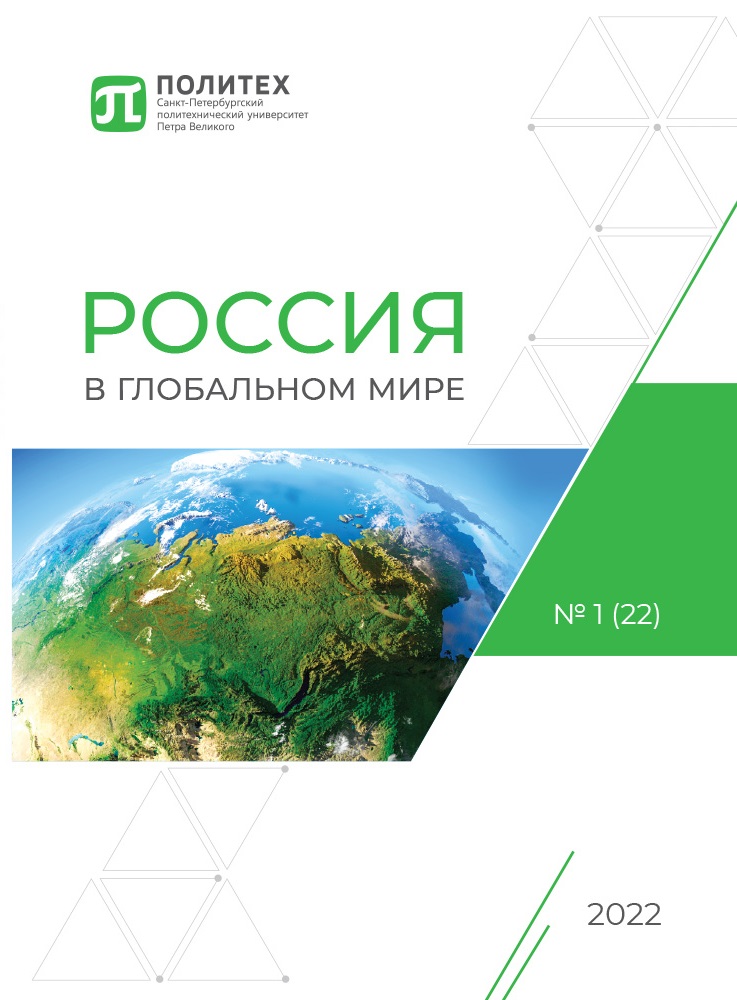INTERNATIONAL COOPERATION IN THE DEVELOPMENT THE NORTH POLE
This article examines the issues of international cooperation in the research areas of the Far North. It marked the main principles of the work of international organizations and the interests of the states in the development of the Arctic. Areas of emphasis on the Arctic and sub-Arctic countries (Russia, USA, Canada, Finland, Denmark, Norway, Iceland, Sweden) in the development of the Arctic, which is mainly focused on the diversification of the production of hydrocarbons, development and support of indigenous northern peoples, environmental protection, improvement of infrastructure, search and rescue, assistance Arctic tourism, ensuring military security, the formation of a single information space and the expansion of the state borders of northern countries. Considered priorities Arctic policy of the European Union (United Kingdom, Germany, Italy, Spain) and Asian countries (China, India, Japan, Korea), among which the leading role occupied by issues of research and development, promotion of business processes and the transportation of goods along the Northern Sea path.
Presented the historical background of the formation of state policy in the Arctic. Indicated the main documents regulating research, rescue, commercial and other activities.
Analyzed the key challenges and threats faced in his work as international organizations and individual countries: environmental problems, energy crises, political and military conflicts, labor migration, climate change, the threat of radioactive contamination.
The main directions of improving the effectiveness of international cooperation in the development of Arctic regions: exclusion of duplication of functions, harmonization of maritime standards, the improvement of international maritime law, the strict specifications of Arctic cooperation bodies, to neutralize pollution.


